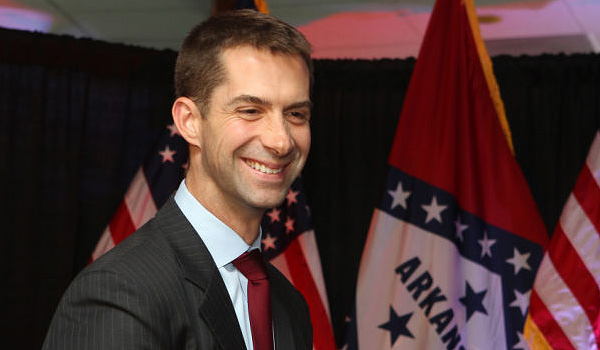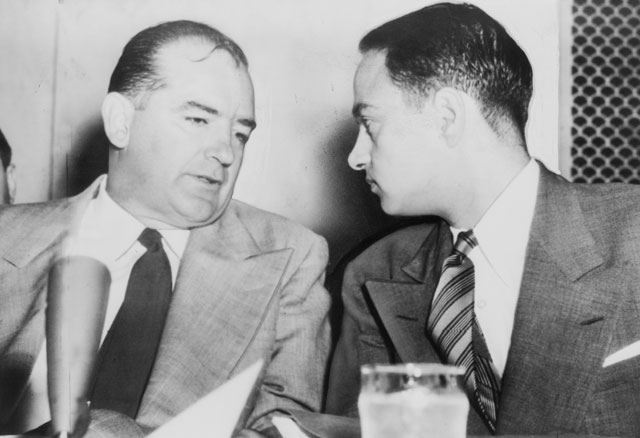 |
Edward Snowden must want to come home, Right? Do his 30
years and get right with this stuff, get it behind him. Right. |
(Updated below)
Our distrust of the media is likely nothing new. Still, in my lifetime, I've been provided many reasons to respect and trust the media (think Walter Cronkite and Edward R. Murrow), but that's been waning in recent years. Now, for instance, I watch the network evening news not to be informed but to see A) how badly they succeed in choosing what's relevant, B) what's missing or inaccurate in what they're reporting, and C) what slant, however preposterous, they choose to take in their reporting.
Yes, I also watch it because network news still has some quality reporters covering key stories. But I'm regularly disappointed by shoddy work on irrelevant stories, which often gobbles up much of the 22 minutes per show.
Case in point: Hillary Clinton's private email server was illegal. Wait, no, it isn't illegal, it's just against the rules. Uh, wait, it wasn't against the rules then, but it is now, several years later. None of that matters because what's really important is that it reinforces our feeling that the Clintons are above the law. Wait, they're not above the law, but we in the media are obsessed with them and how well they've done, and they don't kowtow to us, so... They must be doing something wrong even though we don't know what's in the emails, probably nothing, but still, it's
unseemly. That's a perfect word for the media,
unseemly. It's a word that, oh, I don't know, David Brooks would use. By the way, in a month or two only a few crazed congressmen and Rush Limbaugh will give a shit.
But to a more profound example. Glenn Greenwald flags a recent effort by the American media to paint Edward Snowden as really, really wanting to come home.
He doesn't because he believes he can't get a fair trial, full stop:
His primary rationale for this argument has long been that under the
Espionage Act, the 1917 statute under which he has been charged, he
would be barred by U.S. courts from even raising his key defense:
that the information he revealed to journalists should never have been
concealed in the first place and he was thus justified in disclosing it
to journalists. In other words, when U.S. political and media figures
say Snowden should “man up,”
come home and argue to a court that he did nothing wrong, they are
deceiving the public, since they have made certain that
whistleblowers charged with “espionage” are legally barred from even
raising that defense.
Seems pretty clear to me. Remember, Glenn Greenwald, before he chose to report on egregious acts against whistleblowers, was a constitutional lawyer, so his reporting carries a bit more weight than, say, Chuck Todd.
Read the rest of Greenwald's article. It's a study in media's desire to create and run with narratives
they like and they want to control, right up to the point at which it's clearly bullshit, when, hopefully, another story has been formed for the press corps to follow. It's a pretty dismal undertaking staying informed, at least if you limit yourself to traditional news networks and newspapers.
Take your news cautiously, with a good amount of cross-checking. You may get a decent version of the truth.
One final example of how this degrades America: Donald Trump is considering a run in 2016!
How is that news?? Because Politico thinks so. Sheesh.
Note. I didn't mention Fox News or the Wall Street Journal in this piece because they're a case study all to themselves. They're not sloppy, self-serving journalists. They're out-and-out propagandists. There
is a difference.
Update. Here's a classic example of the media's obsession with "the Clintons just don't do it right" by
Josh Voorhees in Slate. There's no there there, just as I described in my above paragraph on the "scandal." It's full of buzzwords and phrases like "skirted the law." She didn't break the law, she skirted it. Colin Powell while Secretary of State under W. did the same thing, but it's different. Jeb Bush went so far while governor as to set up his own email server, but it's different because Hillary!
Update to the Update. Okay, now this is just silly. I found
another Josh Voorhees article in Slate three days before the one I linked to above in which he questions whether Hillary Clinton broke the law when she set up and used her own private email account while in office. He couldn't find any law at all or anyone else who had found one either. Then he proceeds to explain how she probably didn't break any rules either. He goes as far as to say that she at least broke the "spirit of the law." How? By being Hillary? Well, probably. Let him explain it:
Here’s what I can say: Clinton’s penchant for private email would
indeed run afoul of the current law on the books—but likely not the
rules that were in place while she served as President Obama’s secretary
of state between 2009 and 2013. Under a law passed this past November, a
government official can use private email accounts to conduct
government business—but only if that official copies or forwards the
email to his or her government account within 20 days. Violating that
law can result in disciplinary action but carries with it no criminal
penalties. But Clinton’s private emailing occurred well before that law
went into effect. According to the
National Archives,
the official definition of what constitutes a federal record did not
“clearly include electronic records” until Obama signed the 2014 law,
which represented “the first change to the definition of a Federal
record” since the Federal Records Act was passed in 1950. Similarly, it
wasn’t until August 2013—six months after Clinton had left office—that
the National Archives and Records Administration
issued guidance making it clear that email records of some senior officials are permanent federal records.
Clinton’s camp, as you might expect, maintains its boss did nothing
wrong. “Both the letter and spirit of the rules permitted State
Department officials to use non-government email, as long as appropriate
records were preserved," Clinton spokesman Nick Merrill
told the Associated Press.
While Merrill appears to be correct on the first count, the case for
the second—the spirit of the law—is less than convincing. At best,
Clinton failed to go the extra mile to make sure her emails were part of
the official record; at worst, she intentionally sought out a legal
gray area from which to do her business.
Like I said, just silly. Josh Voorhees wrote an article with apparent due diligence proving Clinton violated no laws or even rules, then three days later wrote another one that claims she's "wrong."
She didn't break any law, she just "sought out a legal gray area," which, likely, isn't true, either. What she did do was secure her communications the way Colin Powell and Jeb Bush did before new laws took effect. Maureen Dowd should weigh in on this. She's good at demonizing the Clintons. I'd look for a link for you, but I don't have the stomach for it just now. Josh Voorhees was a more than adequate stand-in for Mo. Slate must not be good enough for Josh. He's Politico-bound!
In the end, we have the anatomy of two scandals wrapped in an enigma. The email scandal couldn't really exist without something to find in the emails, which is provided by the Benghazi scandal. Benghazi depends on a false narrative, just as the email scandal is based on a false narrative. Meanwhile, actual policy considerations for an improving path forward for America goes wanting. Good job, media!
 |
| Hands up, don't shoot! |

































As James Carville might say: it's the economy, stupid. The economics are devastating for the poor and middle class. A $4,000 increase in income over 30 years does not being [sic] to cover the $100,000 increase in housing prices. Of course antipoverty spending shot up over this time period, because cost increases far outstripped income for food, clothing, housing, education and medical care.
People have had sex in good times and bad, whether they could afford kids or not, even when they were likely to die in childbirth, or from starvation. They're not going to stop because the money's tight. But money promotes family stability because it ensures the future. That's what the wealthy really take from the poor, and the poor respond in the only way they can.